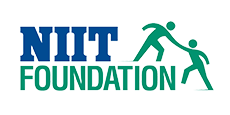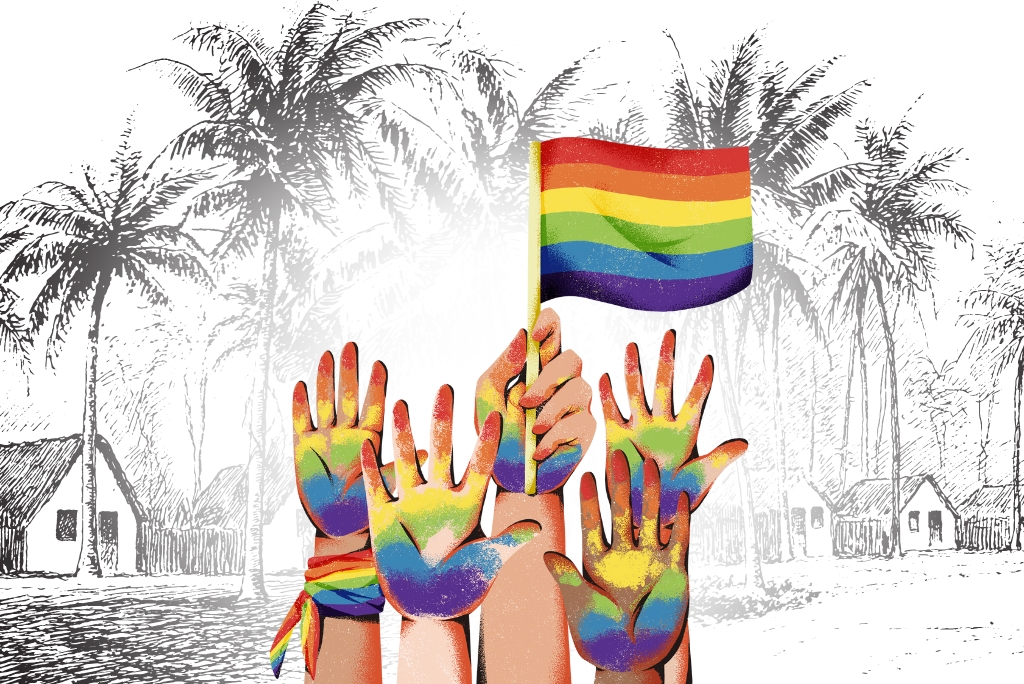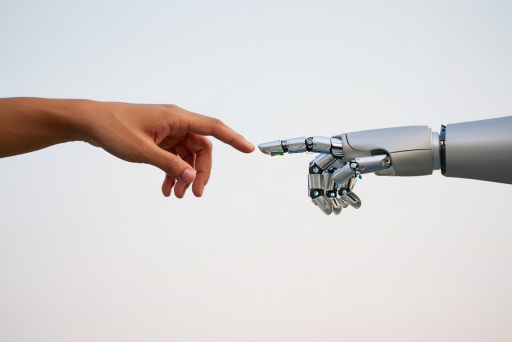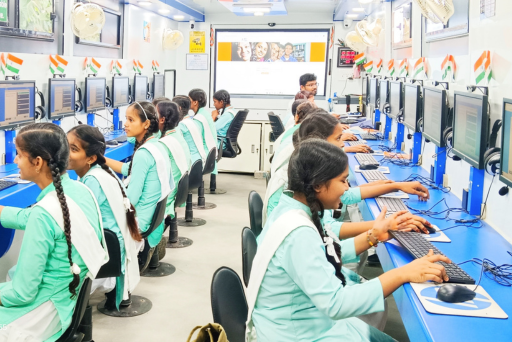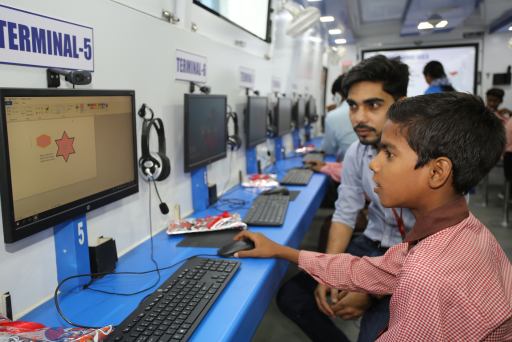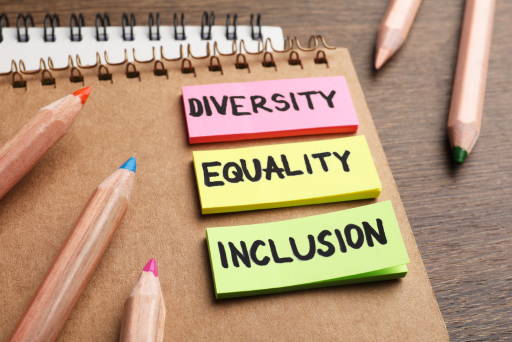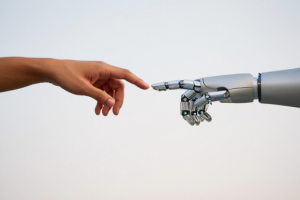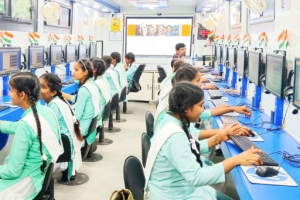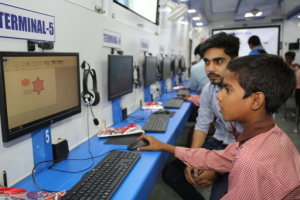While India has taken remarkable strides in the past decade to improve digital access across remote regions, there continues to be a stark digital divide that has limited harnessing of digital tools. For members of the LGBTQIA+ community, particularly those living in socially or geographically marginalized areas, this digital divide limits their access to opportunity, visibility and empowerment to seek livelihood opportunities, and apply for government schemes.
The Digital Bus initiative is one such initiative by the NIIT Foundation that has served as an asset for the marginalized LGBTQIA+ in the country’s already underserved areas, to bring essential digital literacy, awareness and skills training directly to communities. This was done to ensure no one is left behind in India’s rapid growth story, regardless of their identity or circumstances.
The Digital Bus is equipped with computers and internet access. It’s a safe, inclusive space that travels into neighbourhoods where access to digital learning is otherwise unavailable. For queer learners in these areas, it’s a life-changing opportunity to acquire skills, and reclaim their narratives with dignity and strength.
Digital rights involve the empowerment of the marginalized to tackle crime and fraud effectively. Take the story of Zara Baghel, a transwoman who experienced severe cyber exploitation. After being manipulated by a trusted friend and his father into transferring over INR 2.5 lakhs under false pretenses, Zara found herself isolated and devastated. Despite attempting to report the crime to the police, her concerns were not taken seriously.
She had a breakthrough when she attended a cyber awareness session hosted by the NIIT Foundation in collaboration with Tweet Foundation. There, she was introduced to the fundamentals of cyber safety, digital rights, and the legal avenues available to survivors of cybercrime. Later, during an advanced cybersecurity course, Zara learned how to document digital evidence and build a case more strategically. Armed with knowledge and confidence, she reopened her case and began advocating not only for herself but for other trans individuals facing similar exploitation. Her journey from survivor to advocate is a testament to the power of access, awareness, and support.
Digital literacy is not limited to using a computer, it is about having the agency to protect yourself, express your identity, and pursue your goals without fear. For LGBTQIA+ individuals, particularly in rural or underserved areas, the NIIT Foundation’s initiatives including cybersecurity training, and Digital Bus has offered a pathway towards empowerment by helping them pick up job-ready skills.
At the core of NIIT Foundation’s work, a simple idea is embodied: digital skills for all truly means all. Everyone regardless of their identity, geography and orientation are welcome to all programs run by the center. To create a truly inclusive society, all members of our society, including the marginalized, should be empowered to join the digital revolution in our country.
